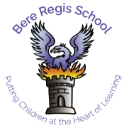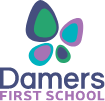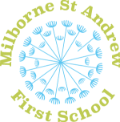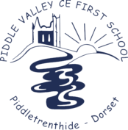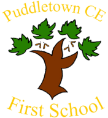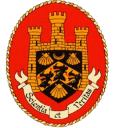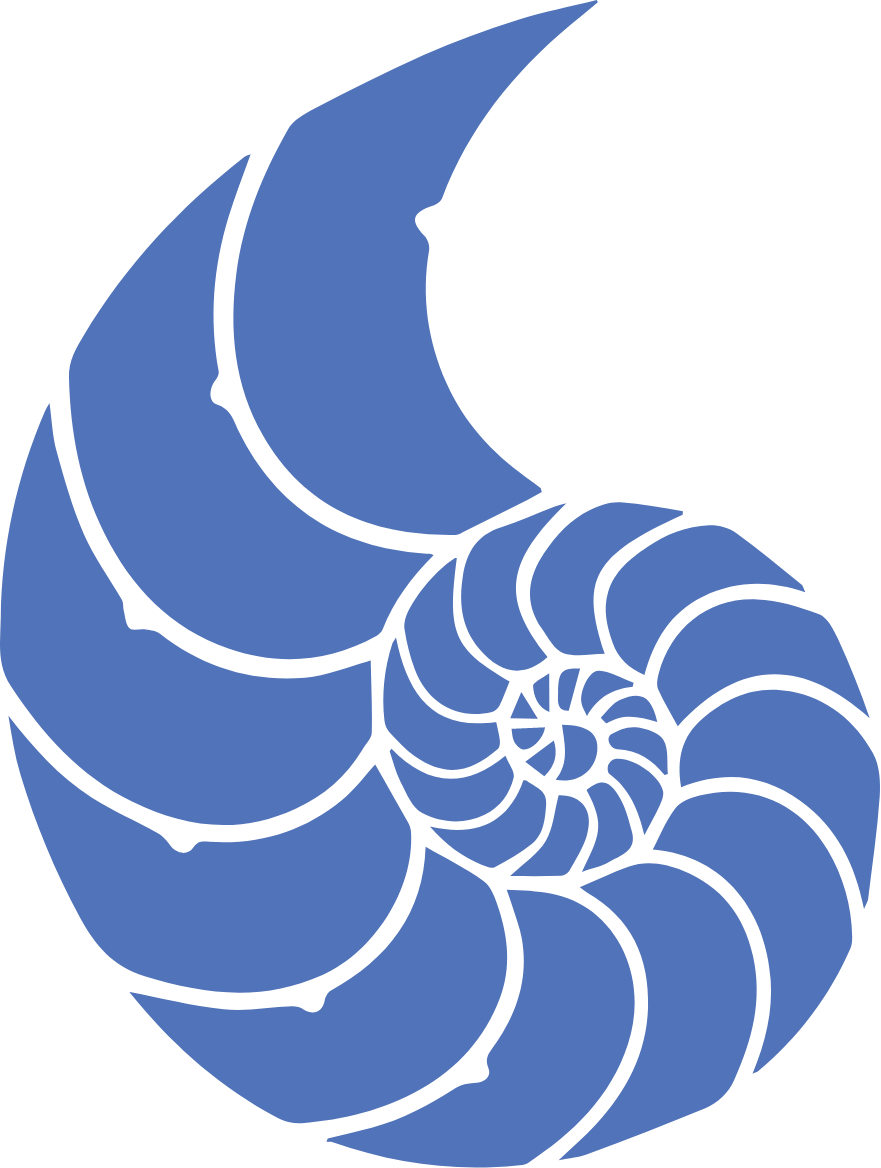
Computing
Why Study Computing at The Purbeck School?
A high-quality computing education equips pupils to use computational thinking and creativity to understand and change the world. Computing has deep links with mathematics and Science and provides insights into both natural and artificial systems. The core of computing is computer science, in which pupils are taught the principles of information and computation, how digital systems work, and how to put this knowledge to use through programming. Building on this knowledge and understanding, pupils are equipped to use information technology to create programs, systems and a range of content. Computing also ensures that pupils become digitally literate – able to use, and express themselves and develop their ideas through, information and communication technology – at a level suitable for the future workplace and as active participants in a digital world.
How is Computing taught?
- KS3 – Students are taught in mixed ability classes for two hours each fortnight. (Except Y9 which are taught on a 7-8 week rotation of 2 hours per week)
- KS4 – Students are taught for five hours each fortnight. We teach the OCR Syllabus
Rationale and ambition for The Purbeck School Computing curriculum
- To provide a framework that empowers young people to appreciate the depth and breadth of Computing as subject area.
- To develop confident, creative, problem-solving citizens who are well prepared to face the diverse challenges of life beyond school.
- To foster a growth mindset where students believe that personal growth and the ability to learn and thrive in any area is achievable for them.
Key concepts:
The concepts that The Purbeck School Computing curriculum aims to support student progression in are:
- To be able to understand and apply the fundamental principles and concepts of computer science, including abstraction, logic, algorithms and data representation
- To be able to analyse problems in computational terms, and have repeated practical experience of writing computer programs in order to solve such problems
- To be able to evaluate and apply information technology, including new or unfamiliar technologies, to analytically solve problems.
- To be able to describe the main components that make up a computer system, and how they fit together (their architecture).
- To be able to be responsible, competent, confident and creative users of information and communication technology.
Useful Links:


